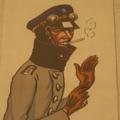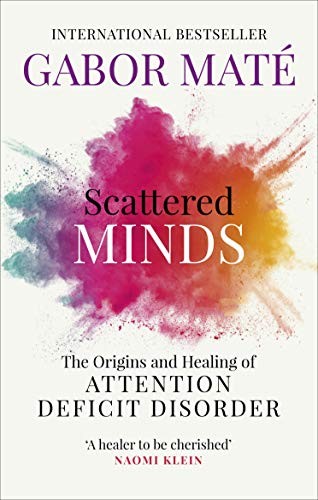Murf quoted Scattered Minds by Gabor Maté
A dysfunctional search for attention underlies some of the behaviors of the ADD child, as we have just seen. Poor self-regulation, poor impulse control are also responsible for many behaviors, as are unconscious shame or rage or anxiety. All these are expressions of vulnerability and pain, not of bad intent. And even if, on a given occasion, there is consciously harmful intent, we still need to maintain the spirit of compassionate curiosity. “Why would a child want to do harm?” asked without prejudgment is a question that can provide fertile ground for inquiry. What happened to this child to make her this way? What is happening now in her life to make her act it out? There is much we can find out if we know that we don’t know.
No child is by nature manipulative, no child by nature controlling. A child who does develop a propensity to manipulate or to control others is doing so out of weakness, not strength. Manipulation and the drive to control are fear responses based on unconscious anxieties. The truly strong person need not be so afraid that she has to direct and control every aspect of her environment. Given that children are always the weaker party in the relationship with the adult, it is natural for them to want to control at times.
“I don’t know why we hold it against our child,” says Gordon Neufeld. “The most ridiculous thing we can say is that ‘my child is trying to manipulate me.’ It’s like saying the rain is wet. Of course children want to get their own way, and often they can do that only if they get the adult to go along with them.”
If we can remain curious, we can explore why a child would need to manipulate.
Yellow highlight | Page: 178 No healing would come if the adult yielded to inappropriate demands or manipulative tactics, but no healing is possible, either, if the adult insists on seeing the child’s behavior as the primary problem.
— Scattered Minds by Gabor Maté (Page 177)

